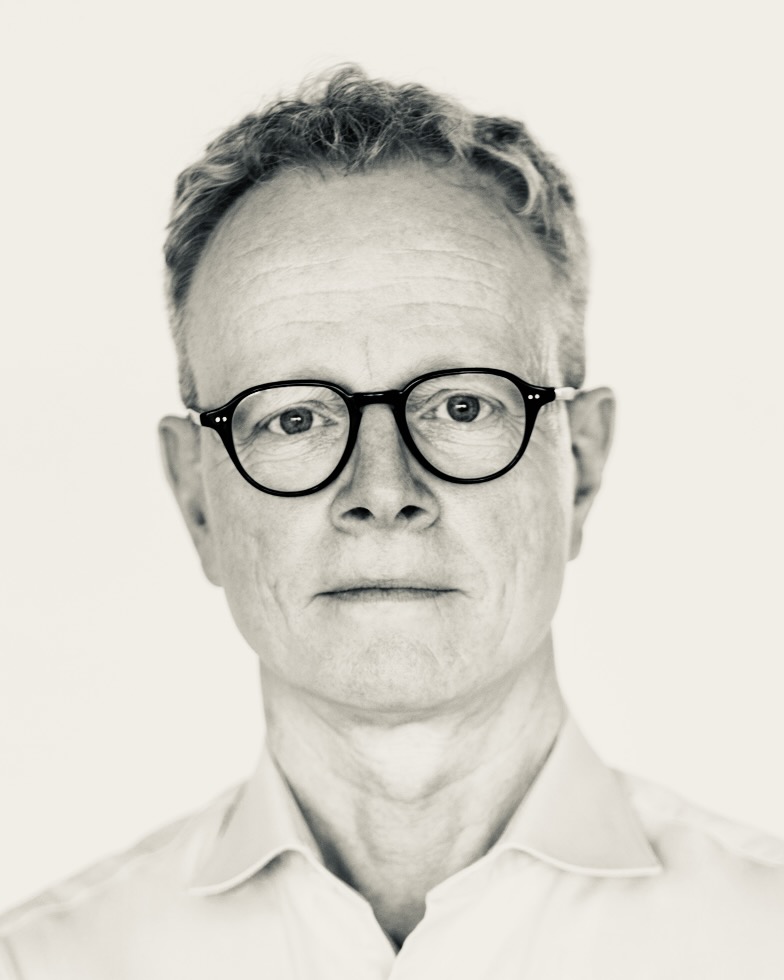
Prof. Dr. Ingo H. Warnke
As professor of German and Interdisciplinary Linguistics at the U Bremen, I am interested in the fundamental question of what function language has in constellations of living together. Theoretically, I am located in sociolinguistics with a focus on the theory and analysis of discourse. My specific research interests include postcolonial language studies, including questions concerning the possibilities of making digitally available colonial-historical sources and research results on the German language in the colonial archive. I particularly enjoy working in research teams, not least as co-spokesperson of the joint research platform Worlds of Contradiction at the U Bremen. This is also where my particular interest in Contradiction Studies comes in.
Contradiction as a relation, as a principle of order, and also as a practice of opposition—these are topics that particularly call for interdisciplinary collaboration. And I consider such cooperation to be an important task of research in societies marked by diversity. A better knowledge of the demand for non-contradiction, violations of coherent orders of everyday life, practices of contradicting one another—among other aspects which can be thought of as part of Contradiction Studies—will help to understand language as a form of shaping relations in the contradictory.
As a linguist, I am particularly interested in three questions in Contradiction Studies that can be described by the terms constitution, relation, and declaration: How is contradiction expressed in language, that is, how is it constituted linguistically? What types of relationality of contradiction can be described empirically? What world-changing power does the ordering figure of contradiction have, how declarative is it?
As spokesperson of the Research Training Group, together with spokesperson Karen Struve, I stand for the ideal of convivial and intellectually enriching scholarly collaboration. I am looking forward to empirically-oriented project proposals from doctoral students who, with a focus on linguistics, explore the social status of constellations of contradiction and who also like to pursue theoretical focal points. Possible projects include those in politolinguistics, corpus analyses with a discourse-linguistic orientation (also historically interested), or those within the framework of postcolonial language studies. Keywords could be: debates, linguistic patterns, discursive events, meta-pragmatics, positioning, and many more.